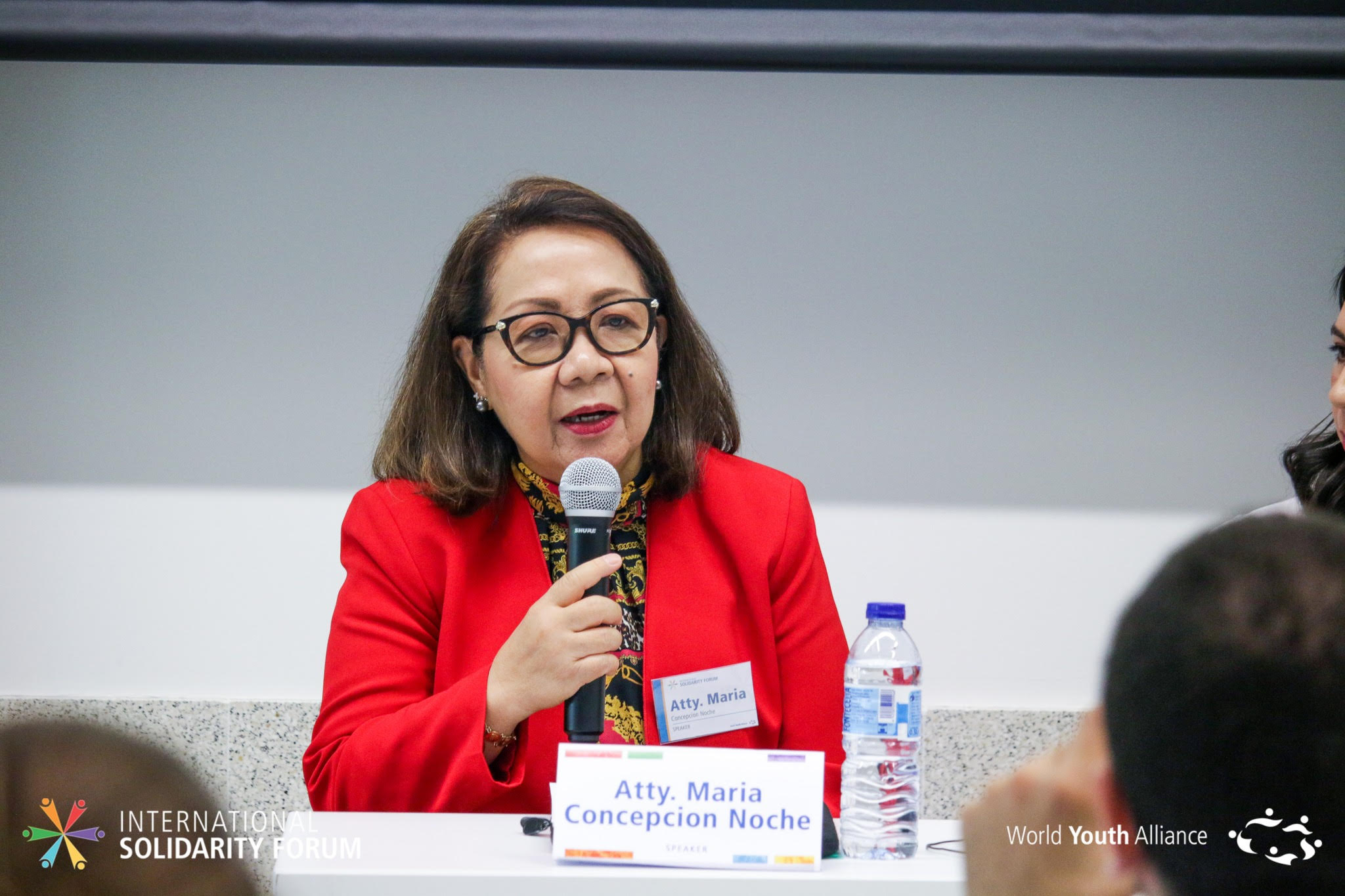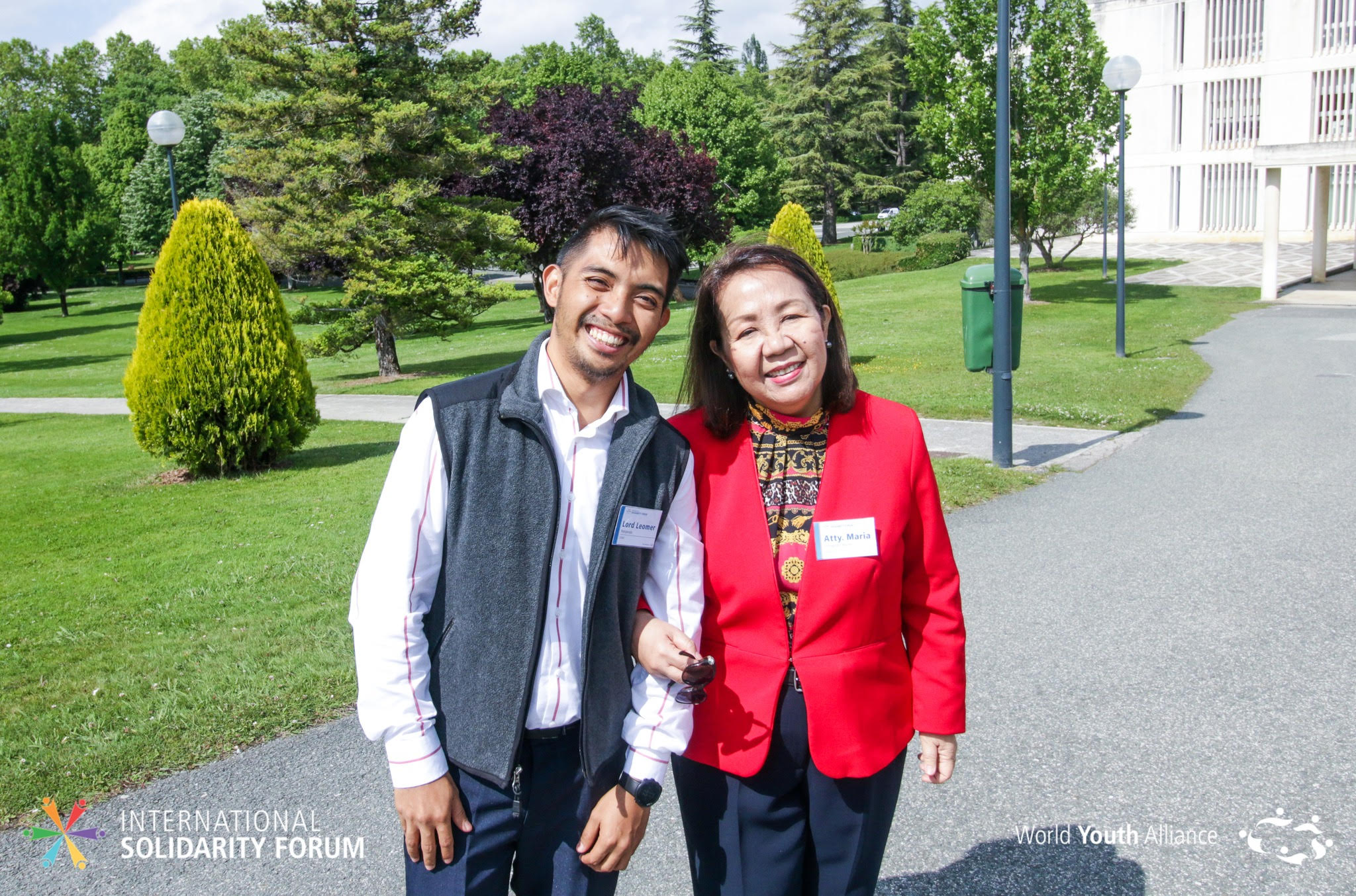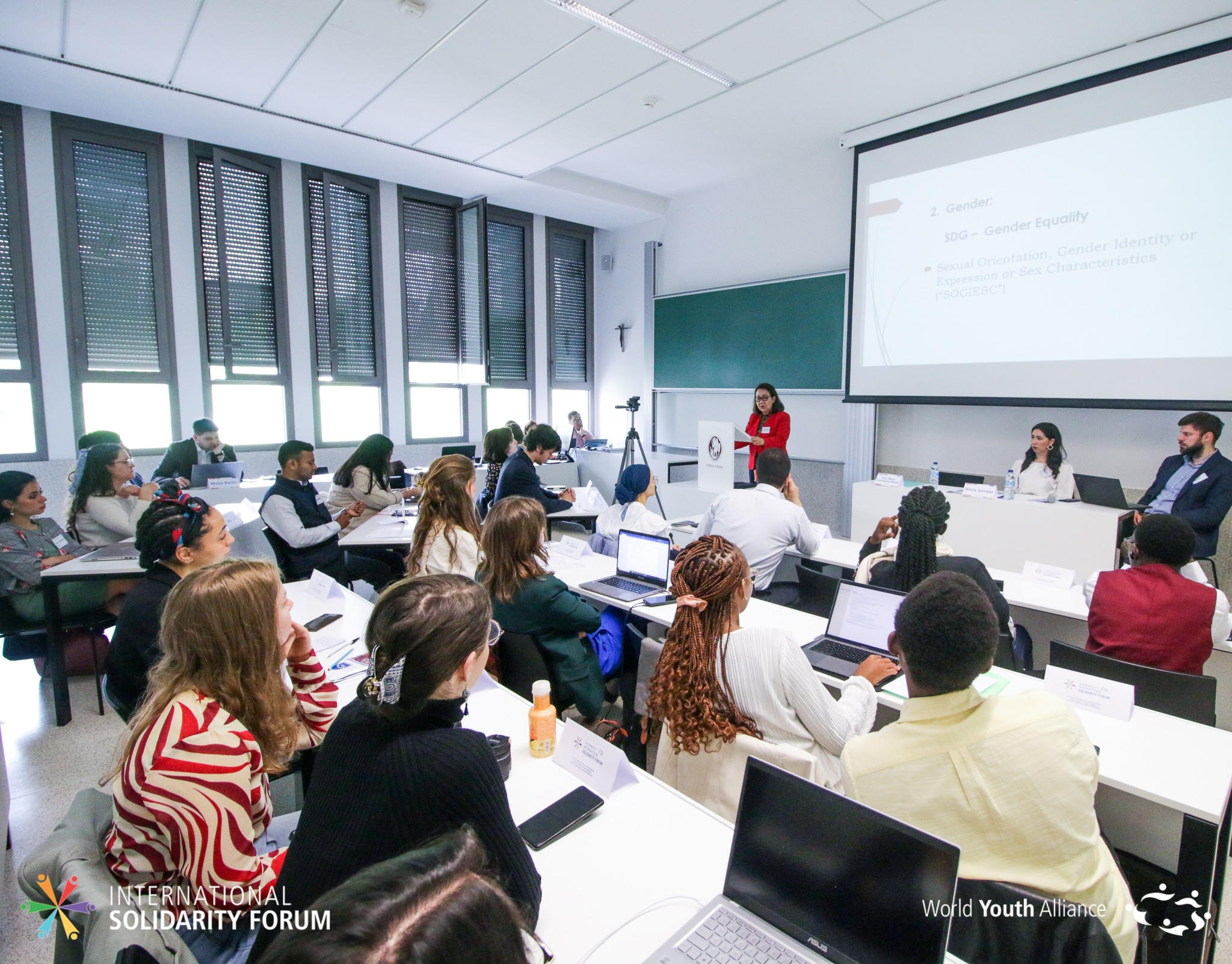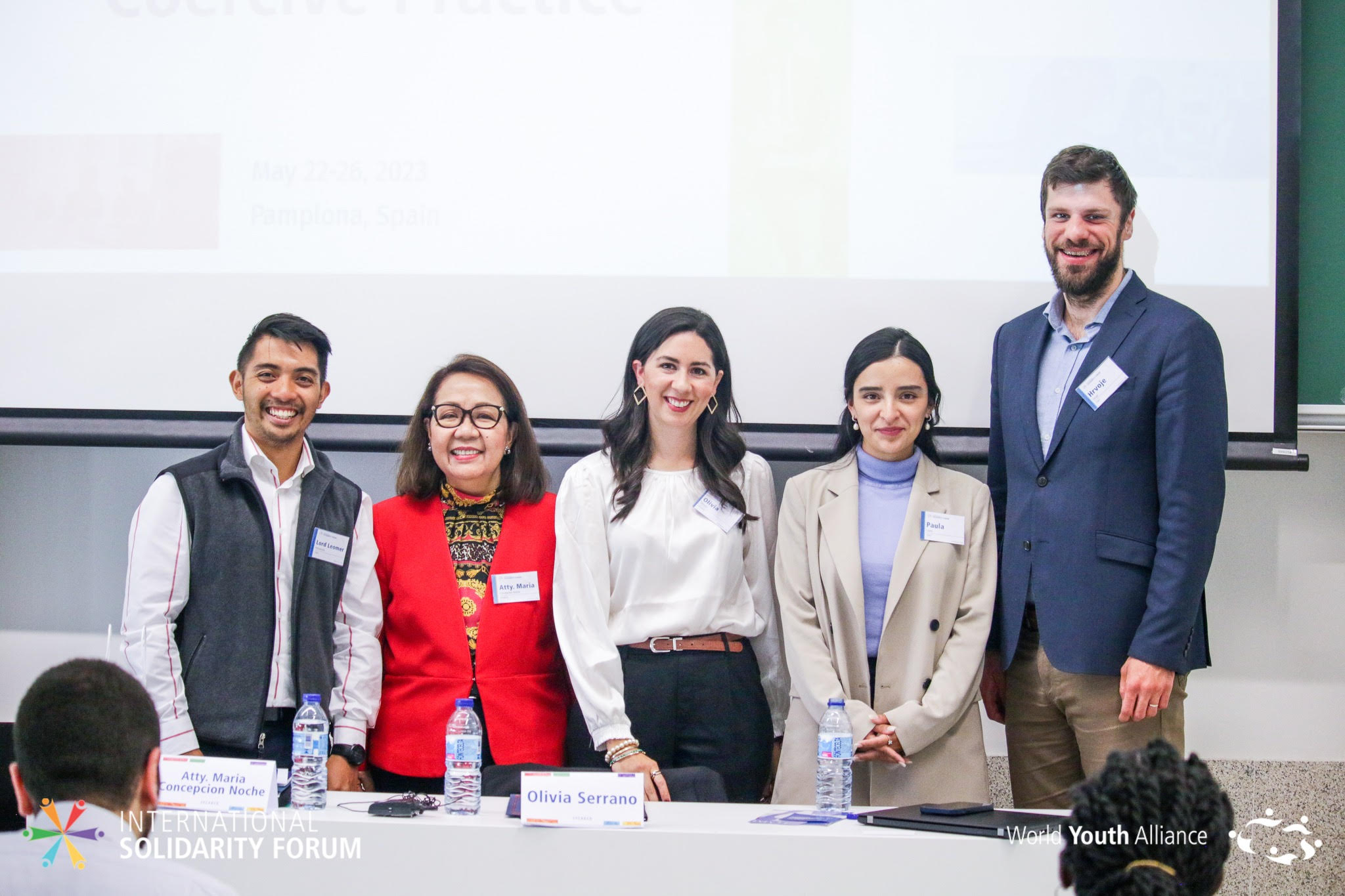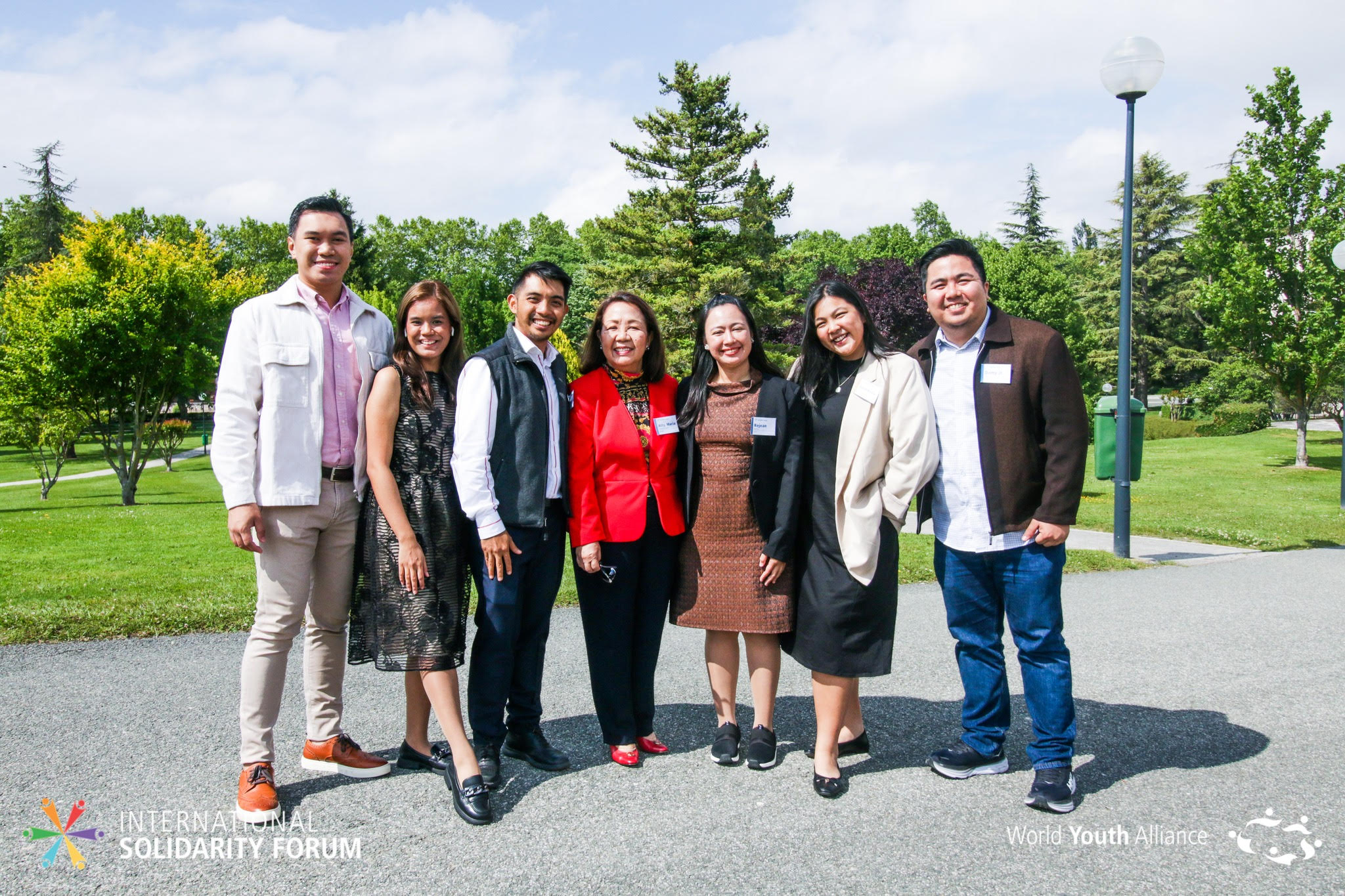Amidst the noise, have we ever stopped and wondered: What/Who are behind the raging social issues that beset us today?
In September 2015, the United Nations, along with 193 countries which included the Philippines, adopted the 2030 Agenda for Sustainable Development. At the core of the Agenda are 17 intertwined sustainable development goals (SDGs) and 169 targets that cover the economic, social and environmental dimensions of development. The SDGs were formulated by the United Nations General Assembly (UNGA) as part of the Post-2015 Development Agenda, which sought to create a future global development framework to succeed the Millennium Development Goals, which ended in 2015.
Worth mentioning among the 17 SDGs are: No Poverty, Good Health and Well-Being, Quality Education, and Gender Equality which are all intertwined. Progress in each of these areas is essential to achieve the SDGs. Efforts to transform our world by breaking societal norms, changing cultural traditions and customs, and defiling deep-rooted values perceived to be barriers to progress and sustainable development, are visibly underway. Contraception, abortion, anti-discrimination, gender ideology, same-sex marriage and divorce are interlinked with one another; rights recognized in one area expands and evolves to become a slippery slope towards other areas – contraception leads to abortion; anti-discrimination to gender ideology, same-sex marriage, divorce, and so on.
To achieve the SDGs by 2030 and in order that no one is “left behind,” foreign countries and organizations have offered funding aid to developing countries.
In the Philippines, foreign aid has arguably been utilized as a tool to introduce, shape, and promote unconventional, non-traditional set of ideas as well as to influence policies and legislations in the areas of education, reproductive health, and gender issues. It is not unreasonable to express renewed concern about the role of foreign aid in relation to current issues that seem to be more vigorously and persistently pursued in Philippine Congress and public fora today. Similar efforts are notably replicated throughout the globe.
Pope Francis has frequently used the term “ideological colonization” to describe instances when aid money for developing countries has been tied to contraceptives, abortion, sterilization, and gender ideology.
While the Philippine government is committed to the 2030 Agenda, its first and primordial commitment is to the Filipino and to the treasured Filipino traditions and values of family and life enshrined in the Constitution.
***
Some photos from the World Youth Alliance’s 20th International Solidarity Forum that took place on May 22-26, 2023 at the University of Navarra in Pamplona, Spain:




